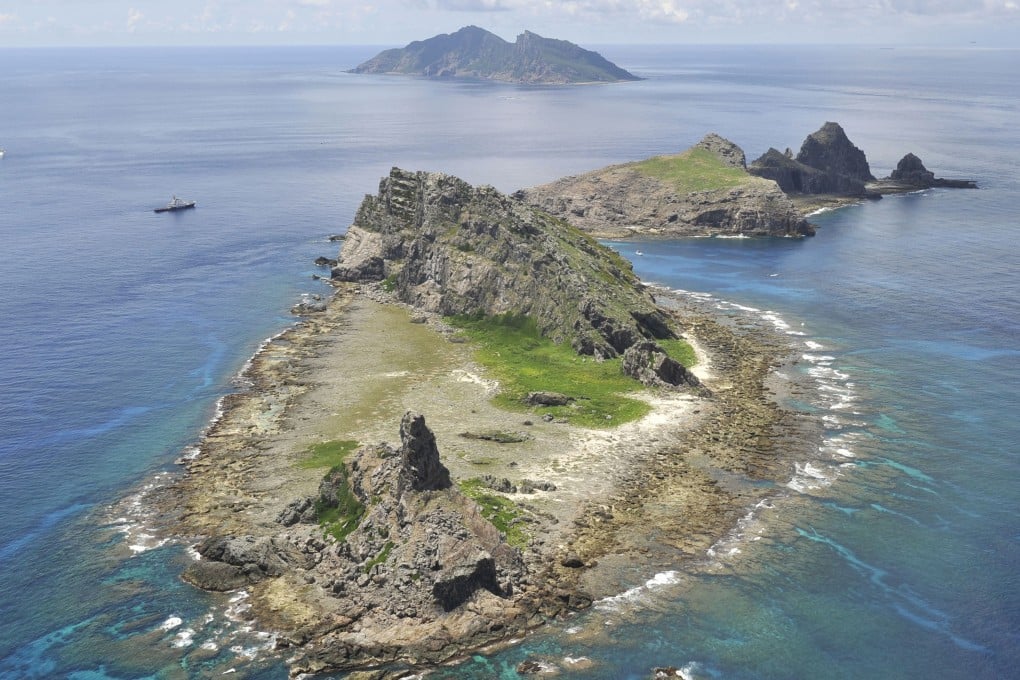Diaoyus dispute casts shadow over China-Japan relations 50 years after normalisation
- Beijing claims ownership of uninhabited East China Sea islets that are under Japanese control
- Tokyo says 332 Chinese vessels entered Japan’s ‘territorial waters’ around islands in past decade

The territorial dispute over the Diaoyu Islands and Beijing’s increased patrols in the area are set to add to tensions in China-Japan relations, experts say.
However, economic cooperation might help circumvent sensitive political issues and reduce hostilities between the two countries, one added.
The comments came at a time when the two nations are celebrating the 50th anniversary of the normalisation of diplomatic ties. However, their thorniest maritime dispute – over the Diaoyus, which are known as the Senkakus in Japan – has yet to be resolved.
Beijing claims ownership of the uninhabited islets in the East China Sea, but they are under Japanese control and the Japanese government nationalised them 10 years ago.
The nationalisation of the islands sparked intense criticism from Beijing, and marked the beginning of a 10-year chill in bilateral relations. In that time, 332 Chinese vessels entered Japan’s “territorial waters” around the islands, according to the Japanese government.
While Chinese media framed the patrols as a way to enhance China’s presence in the area, Japan viewed them as unfriendly moves challenging Tokyo’s control.
Chen Gang, a senior researcher at the National University of Singapore’s East Asian Institute, said China sent coastguard ships to showcase its sovereignty over the Diaoyu Islands and adjacent waters as China regarded the nationalisation of the islands as a change in the status quo.
